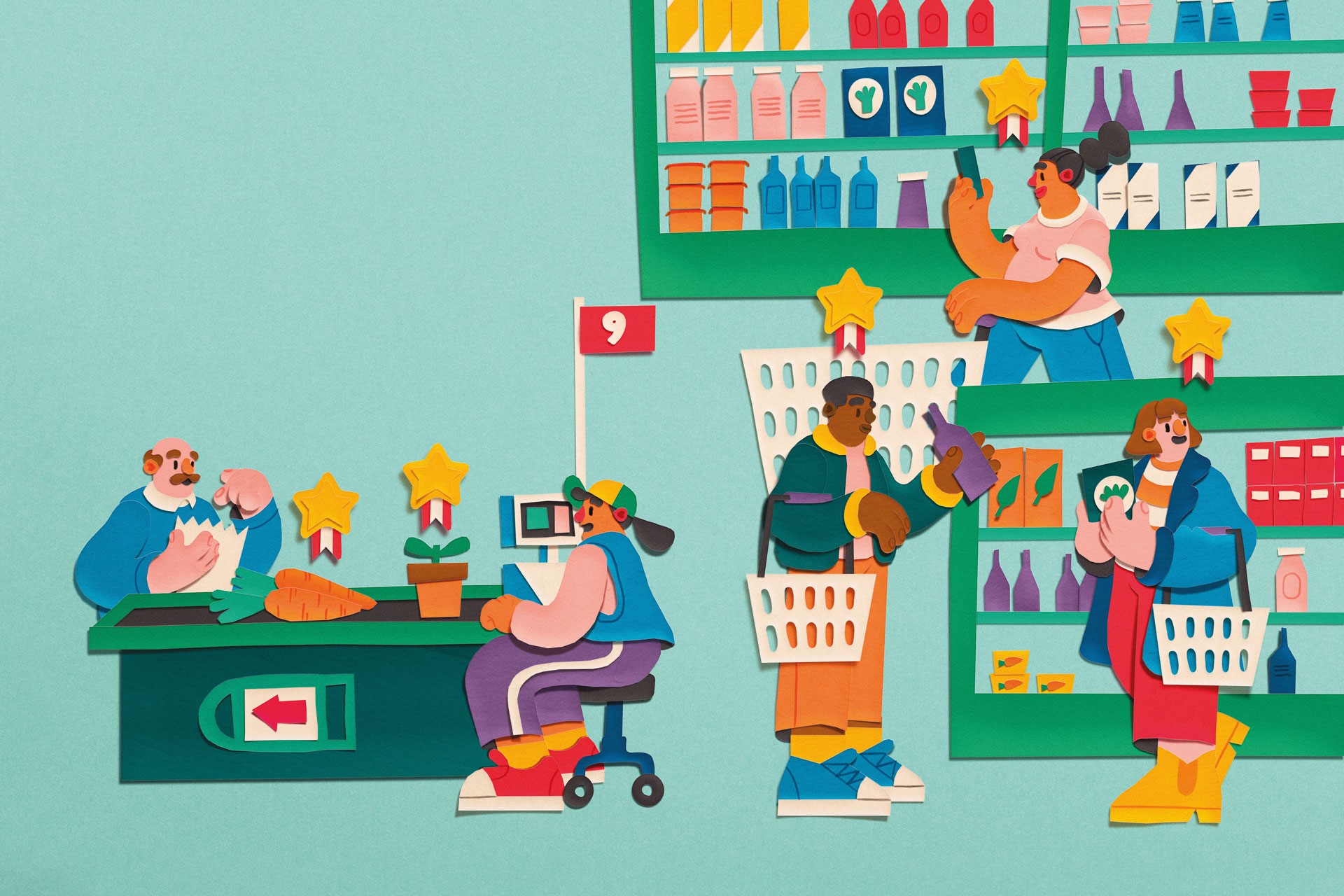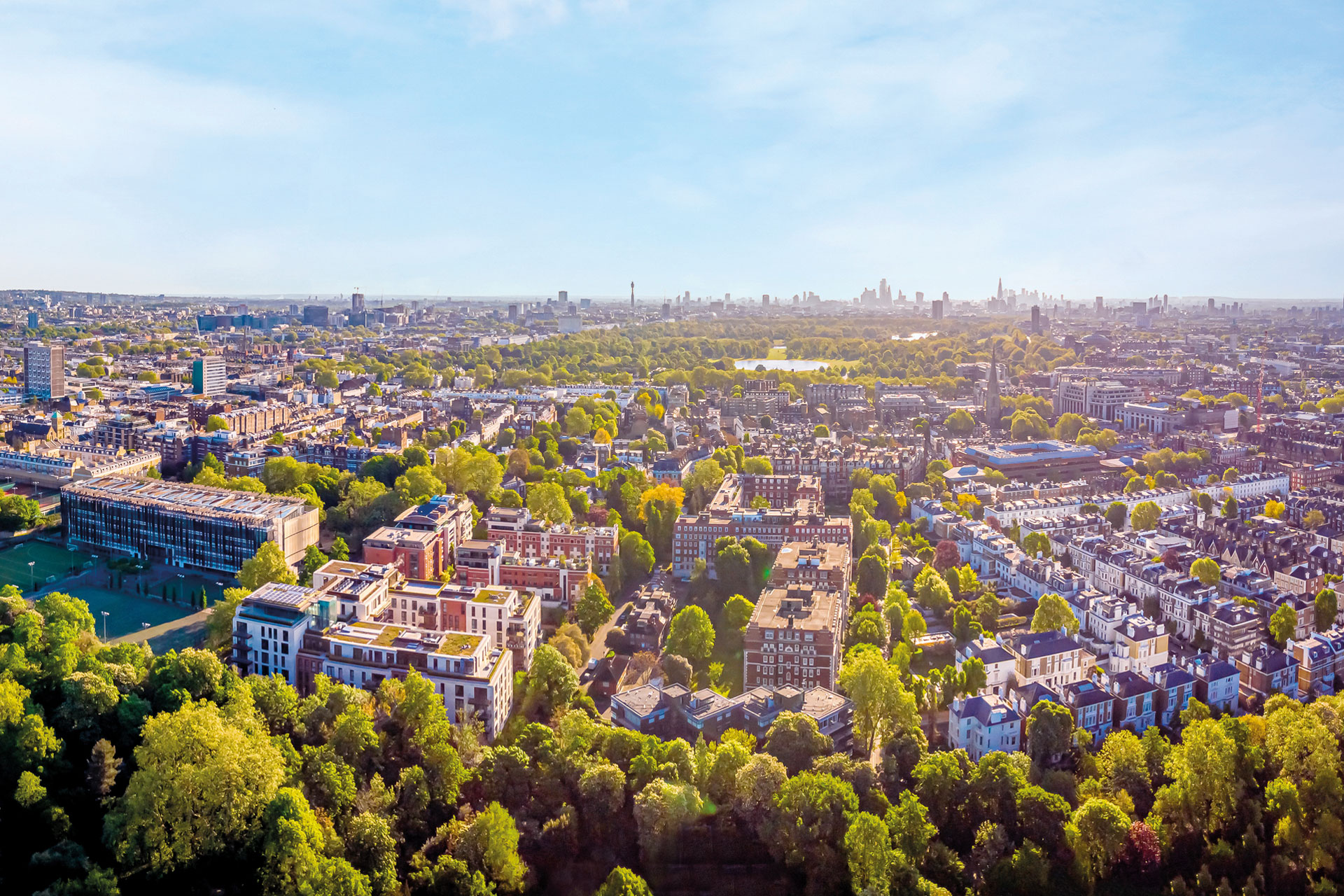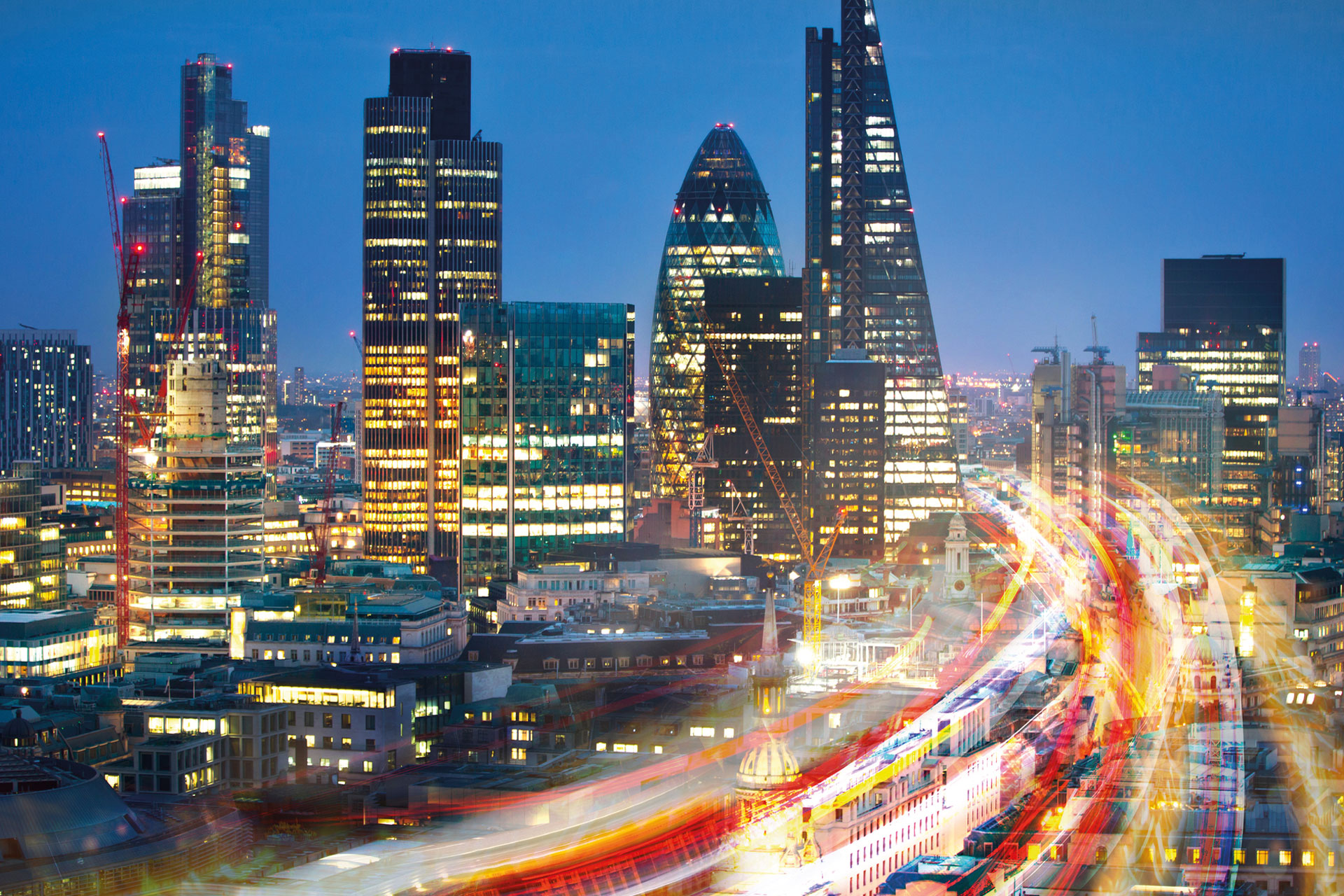Inside The Tech Start-Ups Working To Enhance The Human Experience
By
1 year ago
These innovative start-ups are using technology to drive positive change for people

James Bidwell takes a look at the UK start-ups whose innovations are enhancing the human experience, not hindering it
Inside The Tech Start-Ups Working To Enhance The Human Experience
It’s been another crazy year. The world is increasingly unstable. The cost-of-living crisis is a real crisis. Climate change is a harsh reality. The pace of change itself continues to accelerate.
It is against this backdrop that those creating and building the brands of the future are operating, and it is clear that innovation and agility – together with strong brand values and ethos – are critical for success.
At Springwise, a global innovation intelligence platform that delivers solutions for positive and sustainable change across all sectors, we have a unique window on the world, tracking the innovators who are inventing the solutions we need for the future. This looks across all industries from health to agriculture, retail to travel, the future of our cities and built environment, to next-gen transport and infrastructure solutions.
Diving into how the newest brands and their leaders are responding and growing successful businesses in this era of disruption, and connecting to the theme of this issue – being human in a disconnected world – what becomes clear is that, while advanced technology underpins a large percentage of today’s innovation, the goal for these fledgling businesses is to enhance the human experience. Springwise’s research shows that innovation is enabling a human-centric approach across all areas of our lives: our homes, our health, how we spend our free time and how we can make choices that have a positive planetary impact.

Getty Images
Where We Live
Around the world, more people are moving into cities: by 2050 more than two thirds of the world’s population will live in urban areas, if UN predictions are correct. According to the Greater London Authority, the capital will see its population grow to nearly ten million by the 2040s. This brings with it all the advantages that cities offer society – access to a greater number and variety of jobs, as well as education and culture.
However, the environmental cost is a real issue: cities are responsible for about 75 percent of global greenhouse emissions, part of which can be attributed to inefficient road transport networks. Cardiff-based start-up Route Konnect claims that the UK’s roads are up to 30 percent inefficient when it comes to reducing pollution. Their solution is a technology that anonymously analyses video feeds to provide real-time insights into the ways in which people move around – whether in a vehicle or by foot. These insights can then be used to make planning decisions that improve air quality and optimise traffic flow. Route Konnect does not rely on privacy-infringing technologies, such as facial or automatic number-plate recognition. Instead, it works by analysing flows across multiple cameras matching the paths travelled by vehicles and humans across different camera views. When aggregated, this system has an accuracy rate of 98 percent, which is invaluable to councils and property developers as well as optimising routes for emergency services and delivery vehicles. In a future world of autonomous vehicles, this tech could be used to help them navigate cities and complex road systems.
Outside of the city, RideTandem is a ‘demand-responsive’ mobile app, which makes transportation in rural areas both more sustainable and more affordable. Against a backdrop of the axing of almost 5,000 bus services in rural areas between 2012 and 2022, RideTandem has partnered with taxi, minicab and coach services to offer an affordable, shuttle-like service for commuters living in areas with poor and expensive transport links. The side benefit of this is, of course, reduced carbon emissions while mobilising communities who live in remote areas, and the opportunity for more people to get out and about.

Getty Images
Where We Work
The built environment has a tremendous impact on our productivity, health, wellbeing and quality of life. However, to truly enhance these factors, building design needs to move beyond optimising single parameters such as light and temperature, and embrace a fully holistic approach. That is exactly what British start-up Incube Space is doing.
Incube has developed a predictive building intelligence platform called CubeOS that pulls together data from all parts of a structure, including the building management system (electricals), HVAC (heating, ventilation, and air conditioning), air-quality sensors, door-access systems, meeting room booking systems, and hundreds more technologies.
The data is then put through the CubeOS predictive analytics model to generate actions that optimise conditions. CubeOS can take proactive actions to ensure that a space is always comfortable – for example, lowering the air temperature if a space is filling up with people and growing warming, or turning lights off when they are not in use.
Not only does the system keep conditions optimal for comfort and productivity, it also reduces costs. According to Incube, the system can lower energy waste by up to 40 percent and significantly reduce complaints about temperature and air quality. This also increases rental premium on commercial properties. Incube has found that 46 percent of office tenants would pay at least at least a ten percent premium in rent for a fully tech-enabled building – so good news for landlords in an increasingly difficult environment.

Unsplash
What We Eat
In the UK and beyond there is a growing health crisis as people struggle with obesity, loneliness and other ailments. On the other side of the coin – and the demographic divide – more and more people are becoming aware and invested in health and wellness. A sub-sector of this sphere, nutricosmetics – supplements and foods with beauty benefits – is projected to boom with, Straits Research estimating the global industry will be worth almost $16 million (about £12.7 million) by 2030.
Nourished, a UK company that creates personalised 3D-printed chewable vitamins, is joining the growing nutricosmetics industry with its innovative new skincare supplements. The vitamins, called SkinStacks, are created following a short two-minute online quiz that assesses your day-to-day health, exercise and energy levels, as well as your desired outcomes – whether that’s increased focus, more sleep or better skin. Customers are then recommended a bespoke seven-layer stack of vitamins, minerals and probiotics, which is made in SkinStacks’ state-of-the-art UK lab from ethically sourced, traceable ingredients.
Because the vitamins are made-to-order, Nourished avoids wasteful overproduction. And crucially, SkinStacks and other Nourished products combine multiple science-backed ingredients in one supplement. Not only does this save customers unnecessary time and money, it also cuts out the large volume of plastic packaging that is thrown away when customers buy multiple tubs of vitamin pills. SkinStacks and other Nourished products, in comparison, come in completely recyclable plastic-free packaging, including home-compostable wrappers.
Innovation is also driving more mindful behaviour in customer behaviour outside the home. Skoot is a multifaceted platform for the hospitality industry with a variety of solutions that help businesses, communities and individuals cut their carbon footprints by enabling them to offset, identify and avoid carbon emissions. Many of us love to eat out but not everyone considers the carbon footprint of the restaurant experience – as we do when we fly, for example. Skoot integrates with restaurant till systems so that customers can see an optional eco-contribution line when they receive the bill. This payment offsets the carbon generated by the meal and Skoot has already planted more than 800,000 trees to offset more than 4,000 tonnes of carbon. While reduction is the absolute goal, this tool is an important stage in educating encouraging both hospitality companies and diners along the path to net zero.
And finally, what if you could pay for your meal out and make a positive impact on scientific research furthering innovation in climate change mitigation or healthcare? Science Card is a free-to open Mastercard debit card and current account, and allows users to explore available research projects and choose which ones to support. Money is collected either with a direct payment or via micro-grants from rounding-up common expenses. The company itself dedicates ten percent of its profits to scientific research. Cardholders also receive more conventional benefits, such as immersive spending data, and the company plans to offer cashback on certain sales, including books, coffee and software.
Innovations such as these offer optimism and inspiration, and illustrate that it’s possible to find solutions for the world’s most pressing macro problems – such as carbon emissions and pollution – while considering the people just trying to go about their everyday lives. We are a nation of innovators – that’s a cause for hope.



